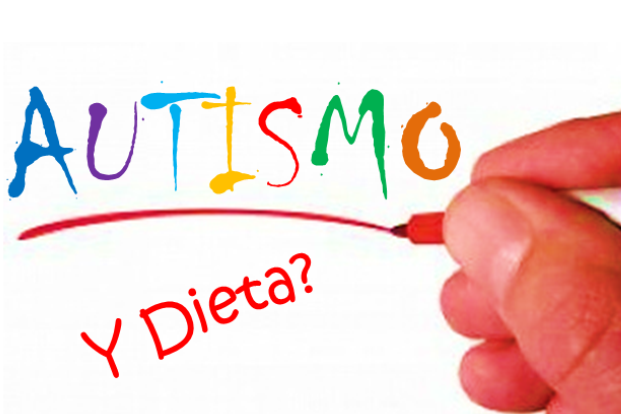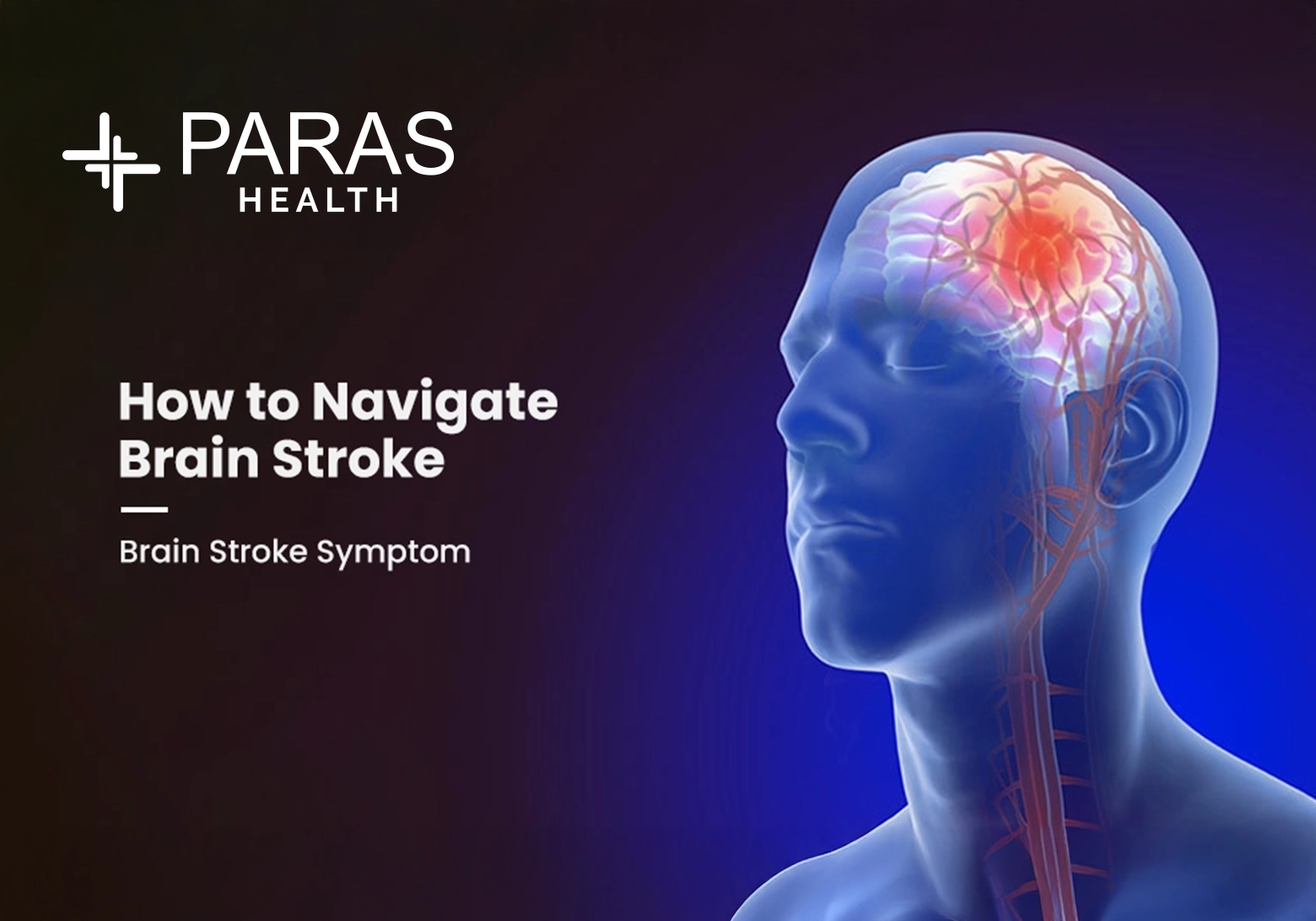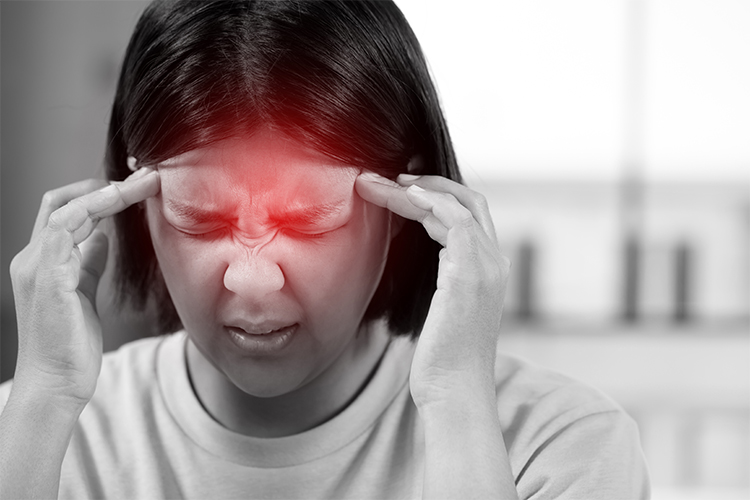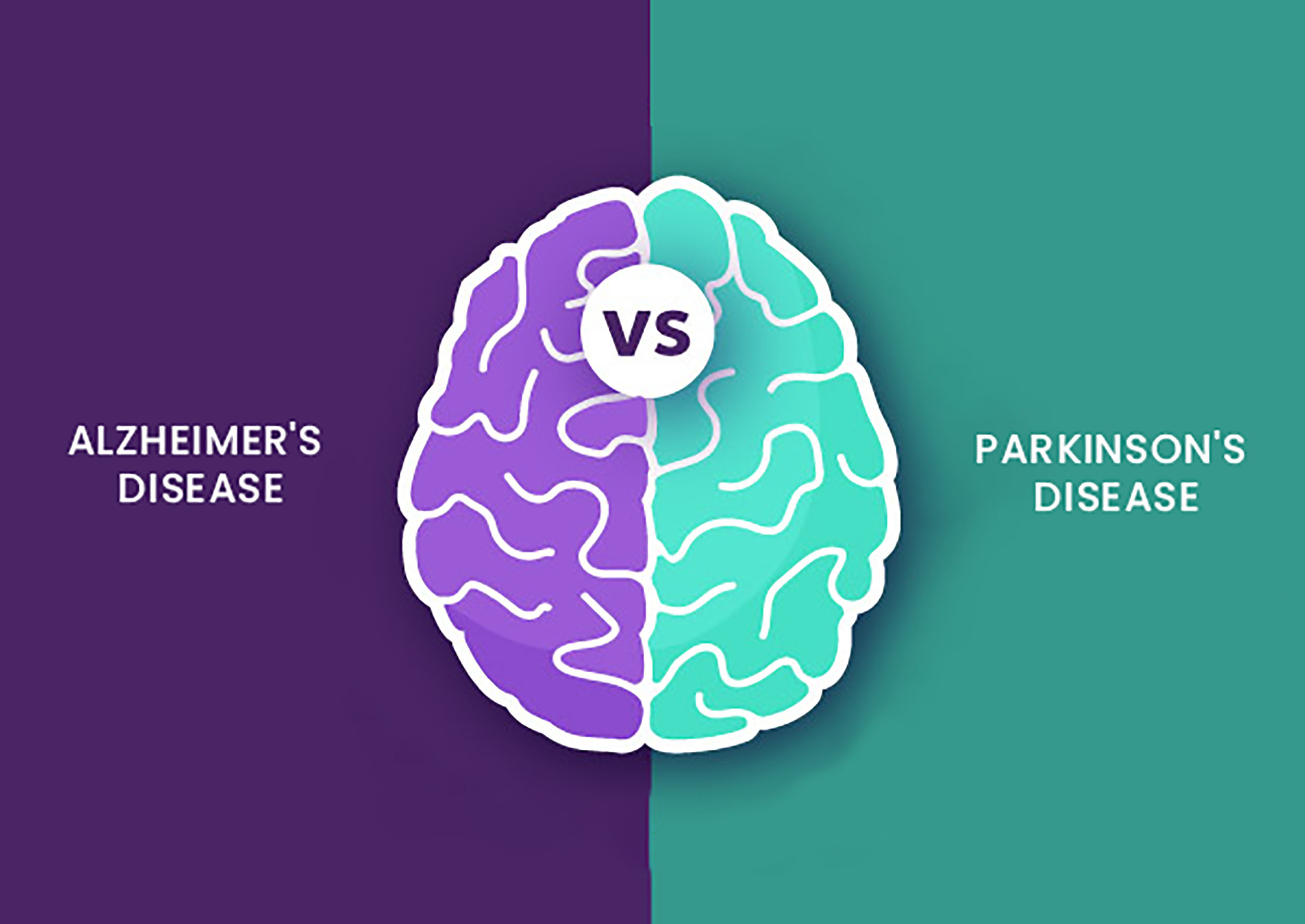Gluten-free/Casein-free diet for Autism

Apr 19, 2022
A gluten-free/casein-free diet is also referred to as GFCF diet. It is one of the several alternative treatments for the children with autism. While following the strict elimination diet, foods comprising of gluten i.e. found in barley, wheat and rye & casein i.e. found in milk & dairy products are removed from the daily diet schedule of the child. Few parents of children suffering from Autism do believe that their kids are sensitive or allergic to components found in such food. Some of them seek allergy testing for a confirmation. Yet, even in case of zero allergy confirmation, many parents of children with autism still go on the GFCF diet. They report that the benefits are changes in speech & behaviour.

The function of GFCF diet for Autism
The advantage of GFCF diet is grounded in the theory that children having autism could have high sensitivity or allergy to food comprising off gluten or casein. Kids having autism, as per the theory, process the peptides & proteins in food comprising of gluten & casein differently as compared to others do. Hypothetically, such difference in processing could exacerbate autistic symptoms.
Some do believe that the brain treats those proteins like fake opiate-like chemicals. The reaction to those chemicals could lead children to act in certain ways. The idea behind the usage of diet is a reduction of symptoms & improvement of social & cognitive behaviors & speech. There could be some scientific merit to the reasoning after a GFCF diet.
Researchers have traced abnormal degree of peptides within bodily fluids of few individuals having symptoms of autism. However, the effectiveness of GFCF diet hasn’t been supported by the medical research. In fact, reviews from past and recent studies conclude that there is lack of scientific evidence for supporting if the diet could be helpful or not.
Unfortunately, elimination of all the sources of gluten & casein is so tough that conducting some randomized clinical trials amongst children could prove to be very tough.







